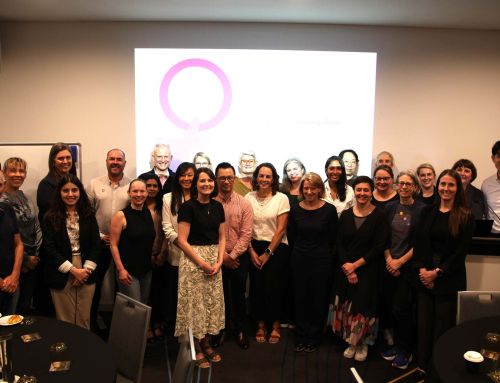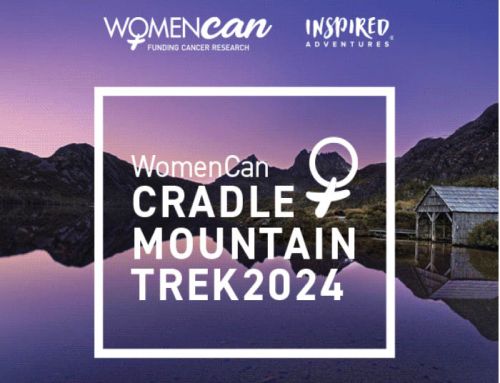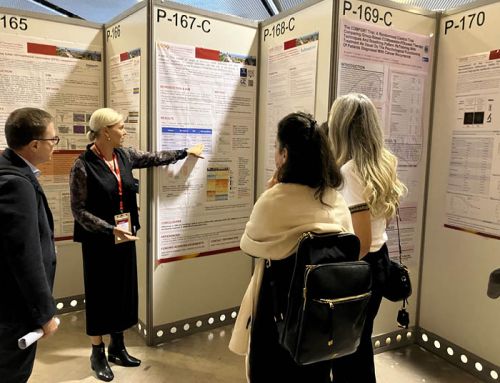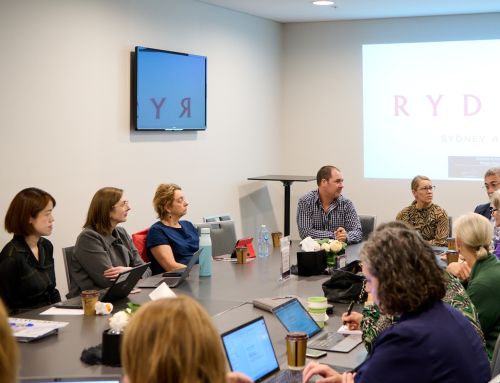The International Gynecologic Cancer Society (IGCS) holds an annual meeting to unite global leaders in gynaecological oncology to share knowledge, network, and collaborate. The 2023 meeting took place in Seoul, South Korea from November 5-7.
To stay at the forefront of clinical trial opportunities for our Australian gynaecological community, ANZGOG members are frequent and active contributors at international trial meetings and conferences. Several ANZGOG Members (such as Paul Cohen, Anne Mellon, Peter Grant, and Rhonda Farrell) hold leadership positions on IGCS committees. Timely and critical input into design of clinical trials supported by Academic and Industry partners is enhanced by face-to-face meetings at large international conferences like IGCS 2023, resulting in new and extended collaborations.
ANZGOG Member Assoc Prof Emma Allanson was in attendance at IGCS 2023 and has provided a summary report of the meeting’s highlights.
Contributed by: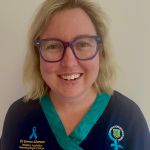
Associate Professor Emma Allanson
ANZGOG Member & Gynaecological Oncologist, WA
IGCS HIGHLIGHTS
The conference was filled with amazing scientific presentations, updates, and breaking study results. Highlights include ANZGOG’s very own Dr George Au-Yeung presenting the IGNITE trial in the opening plenary, also known as the Best Oral Abstract of the conference!
Mary McCormack also kicked off the plenary with the INTERLACE trial – a potential game changer, with induction chemotherapy prior to concurrent chemoradiation in locally advanced cervical cancer conferring a PFS benefit with a HR of 0.65. For those of us that missed ESMO, Dr Domenica Lorusso presented the KEYNOTE A18 findings – PFS benefit of 10% at 24 months with a HR of 0.7 with the addition of pembrolizumab to primary concurrent chemoradiation in cervical cancer.

Dr George Au-Yeung – Best Oral Abstract – IGCS 2023
Surgical updates on pelvic exenteration showed the pushing of boundaries with Raj Naik, Soo Jin-Park, Nadeem Abu-Rustum, Gwenael Ferron and Ane Gerda Zahl Eriksson discussing minimally invasive approaches to exenteration, laterally extended endopelvic resection, reconstruction options and approaches to the upper abdomen. A true demonstration of both how far we can go for our patients and how necessary the multidisciplinary team is to gynae oncology.
The ERAS session was particularly insightful with a great deal of data presented that can be applied to practice in Australia, including the role of same day discharge in minimally invasive major surgical cases and how one might approach the implementation of an algorithm for introducing the concept in our units.
One of the most fascinating talks was the President’s invited speaker Shiro Oguni. He is the founder of a non-profit organisation called DeleteC that links social media, people and companies, encouraging them to DeleteC i.e. IGCS would become IGS on social media, and when people do this, the companies donate money – last year they funded eight clinical trials!
Surgery for early cervical cancer continues to feature strongly in international meetings and SHAPE was once again discussed, as we move towards less radical surgery for a select group of early stage 1B cervical cancers. Pedro Ramirez spent time analysing all the evidence in cervical cancer trials, outlining the as yet unanswered questions, including the role of minimally invasive surgery in some early-stage cervical cancers, we await the results of trials such as RACC and ROCC!
IGCS Abstract Publications:
Thank you to Assoc Prof Allanson for providing this report for members.

